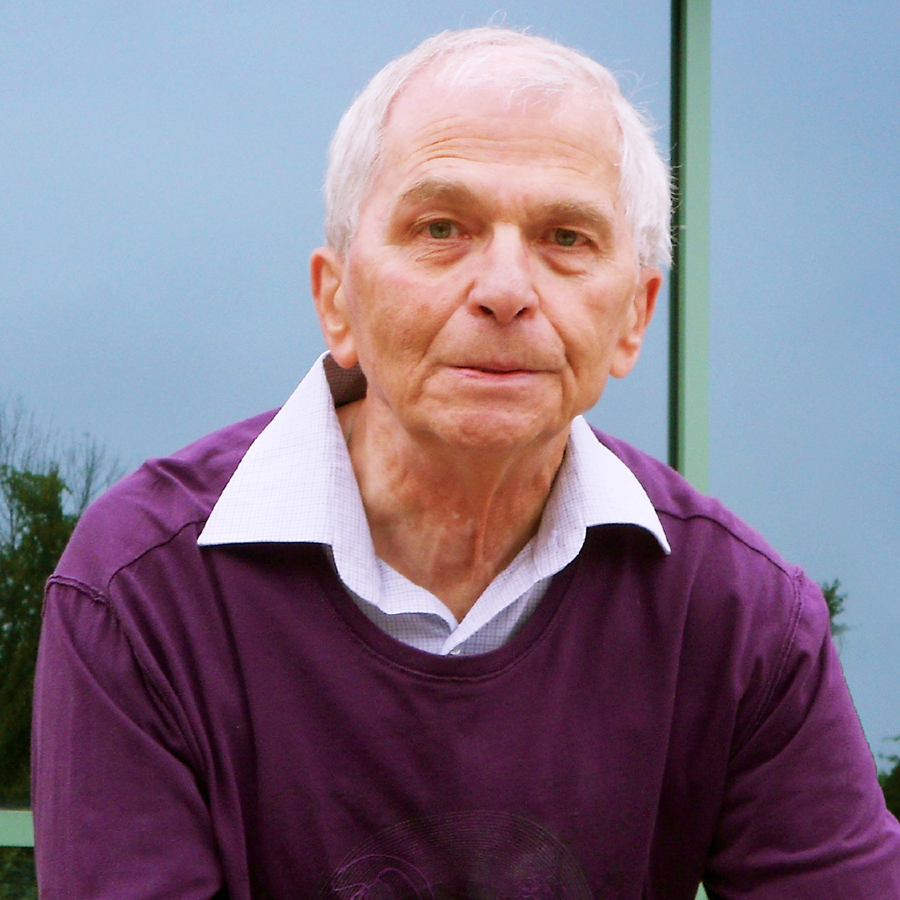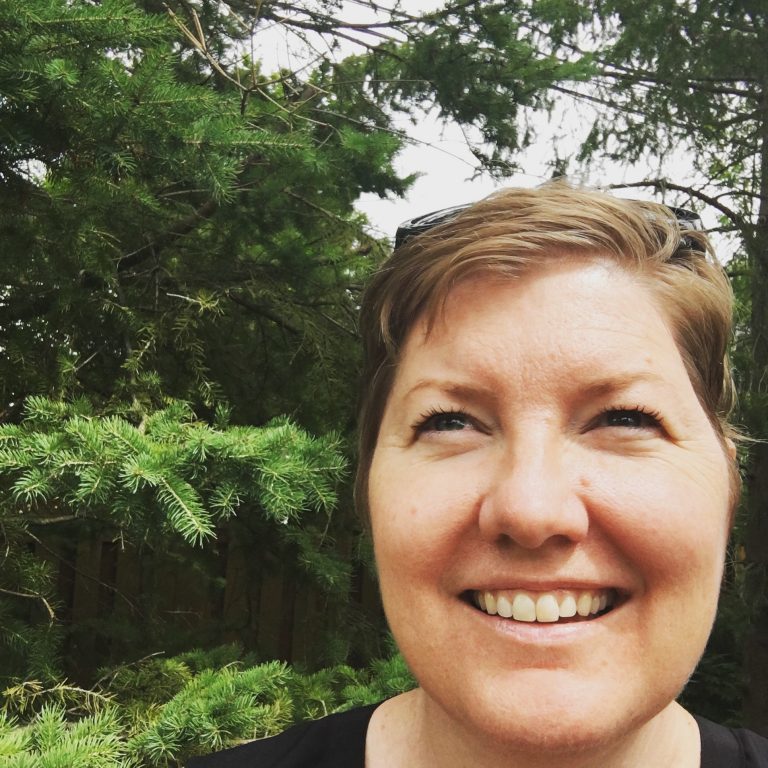Who better to tell the story of the Aphasia Institute than the people who walk through our doors everyday? They arrive with some nervousness and hesitation, but leave feeling more confident and excited about being an active participant in their communities again and the world around them.

It all Started With a Cup of Coffee
For people living with aphasia, there are certain moments they will always remember as turning points in their lives. For Alex, it was a cup of coffee.

Life Beyond a Diagnosis
Marion and Bill have been together for 61 years. They met on the dance floor, and after all these years still share a passion for travel and music. And like every good love story, theirs endures despite the challenges they may face. In Marion and Bill’s case, that challenge is aphasia.

My Name is Tomato!
In June of 2016, Christine was overcome with a severe headache for two days that lead to her being rushed to the hospital. This is the story of how the Aphasia Institute became a light in her darkness.

Our Volunteers Share Their Gifts to Help Us Tell Our Story
After her mother passed away, Gayle felt the urge to volunteer at the Aphasia Institute. Find out more about the magic that Gayle has brought through Creative Expressions.
